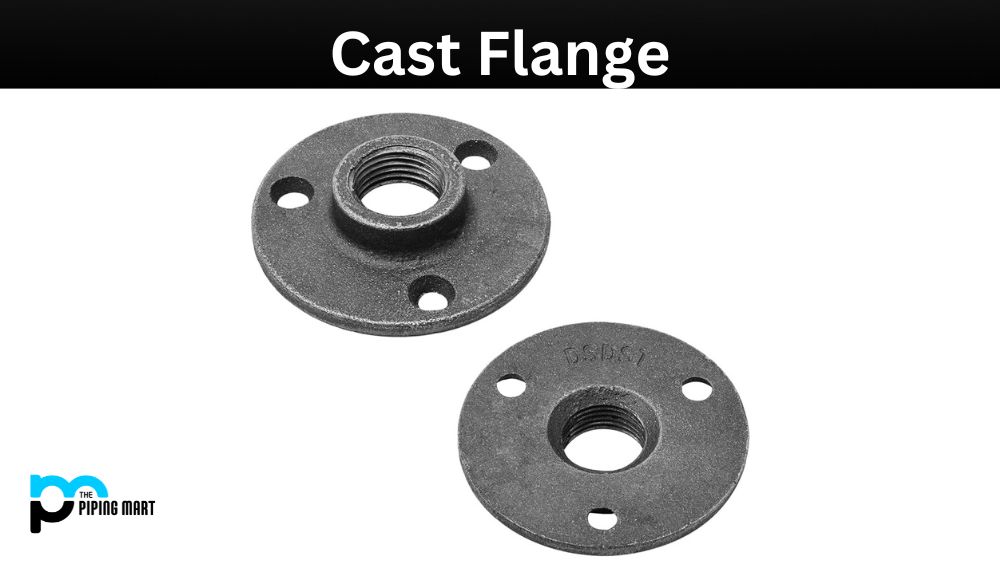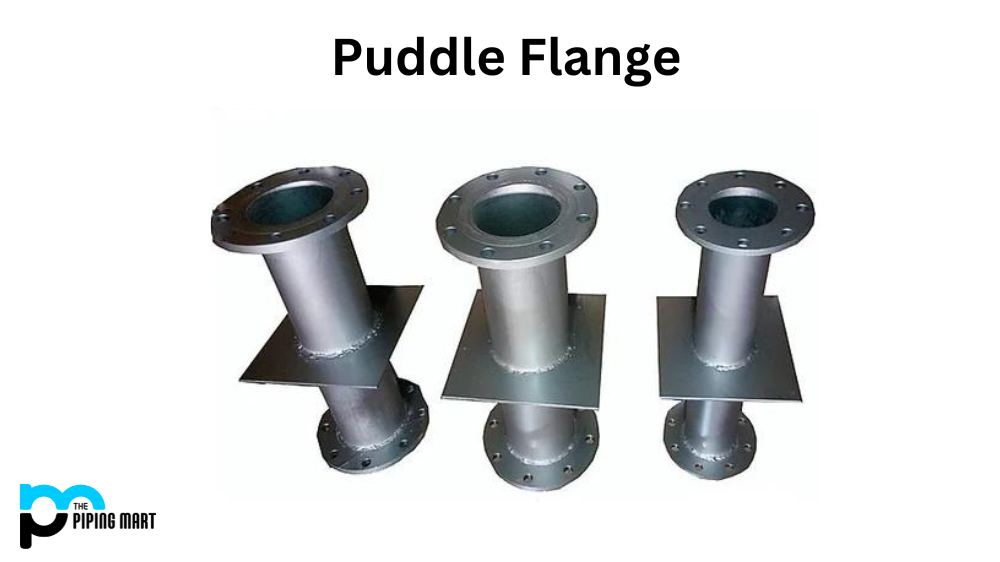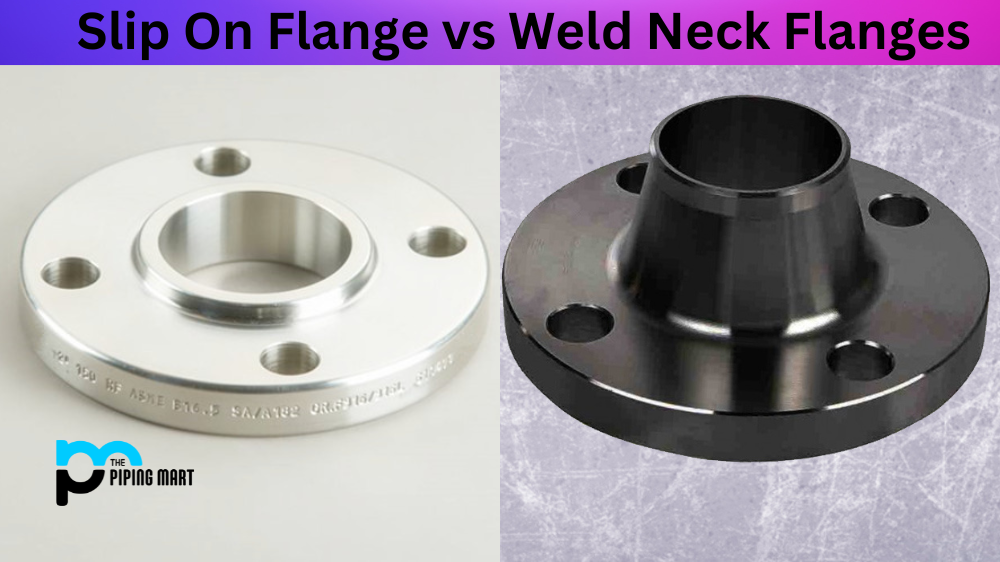Blind flanges are commonly used in pipe systems to cap off the ends of pipes and provide easy access for maintenance. They are used to close off the ends of pipes, valves, and pressure vessel openings. Material selection for blind flanges is important to ensure their longevity and effectiveness. Choosing the right alloy involves considering the temperature, pressure, and corrosiveness of the fluid flowing through the pipe system. In this blog post, we’ll look closer at the different alloys available for blind flanges and help you make the right choice for your pipe system.
What are Blind Ranges?
Blind flanges are essential to piping systems that offer a secure and leak-proof seal. These unique flanges are typically used to close off the ends of pipes, valves, and fittings. They come in various sizes and pressure ratings to suit different applications.
Notably, blind flanges feature a solid plate or disc that covers the end of a pipe, preventing any fluid from flowing through it. This can be particularly useful during maintenance or repairs when a section of the pipeline needs to be isolated without disrupting the entire system.
One significant advantage of blind flanges is their ability to withstand high pressures and temperatures. These robust components are commonly made from carbon steel, stainless steel, or alloy steel, ensuring their longevity and durability even in harsh environments.
Moreover, blind flanges are crucial in reducing noise pollution within industrial settings. As they effectively block fluid flow, they also limit noise levels caused by turbulence or rapid changes in direction within the pipelines.
They also serve as convenient access points for inspection purposes. With its easy removal feature through bolts or studs at its perimeter, personnel can easily inspect pipelines for defects without having to detach additional components.
Blind Flanges: Choosing the Right Alloy
Carbon Steel Alloy:
Carbon steel alloys are commonly used in blind flanges in low-pressure applications. They are readily available and cost-effective. Carbon steel alloys are ideal for non-corrosive environments and low temperatures. They are not recommended for use in highly corrosive environments or applications with temperatures above 425°C.
Stainless Steel Alloy:
Stainless steel alloys are the most commonly used alloy for blind flanges. They offer excellent mechanical properties and corrosion resistance and are suitable for high-temperature and corrosive environments. Several types of stainless steel alloys exist, including austenitic, ferritic, and martensitic. Austenitic alloys are non-magnetic and are suitable for high-temperature applications. Ferritic alloys are magnetic and are used for low-temperature applications. Martensitic alloys are used for high-stress applications, such as turbines and compressors.
Nickel Alloy:
Nickel alloys are used in applications that require excellent corrosion resistance and high-temperature strength. They offer excellent resistance to corrosion and are suitable for highly corrosive environments. Nickel alloys are expensive and are only used in special applications where other alloys cannot be used.
Titanium Alloy:
Titanium alloys are used in applications that require excellent strength-to-weight ratio, high-temperature resistance, and corrosion resistance. They are commonly used in seawater applications and are unaffected by saltwater corrosion. Titanium alloys are expensive and are only used in special applications where other alloys cannot be used.
Copper Alloy:
Copper alloys are used in low-pressure applications requiring high thermal conductivity. They offer excellent corrosion resistance and are suitable for non-corrosive environments. Copper alloys are not recommended for use in highly corrosive environments.
Conclusion:
Choosing the right alloy for blind flanges is critical and depends on factors such as temperature, pressure, and corrosiveness. Carbon steel alloys are ideal for non-corrosive environments and low-temperature applications, while stainless steel alloys are the most commonly used alloy and provide excellent properties, including corrosion resistance at high temperatures. Nickel and titanium alloys are used in applications where other alloys cannot be used, and copper alloys are suitable for applications with high thermal conductivity. Selecting the right alloy will ensure that your pipe system operates efficiently and effectively for years.
Rachana is a dedicated and ambitious young woman who has made a name for herself in the metal industry. From her earliest days in the industry, Rachana showed a natural talent for problem-solving and a keen eye for detail. In her free time, She enjoys reading up on the latest advancements in the industry, as well as exploring new ways to innovate and improve upon existing processes.




